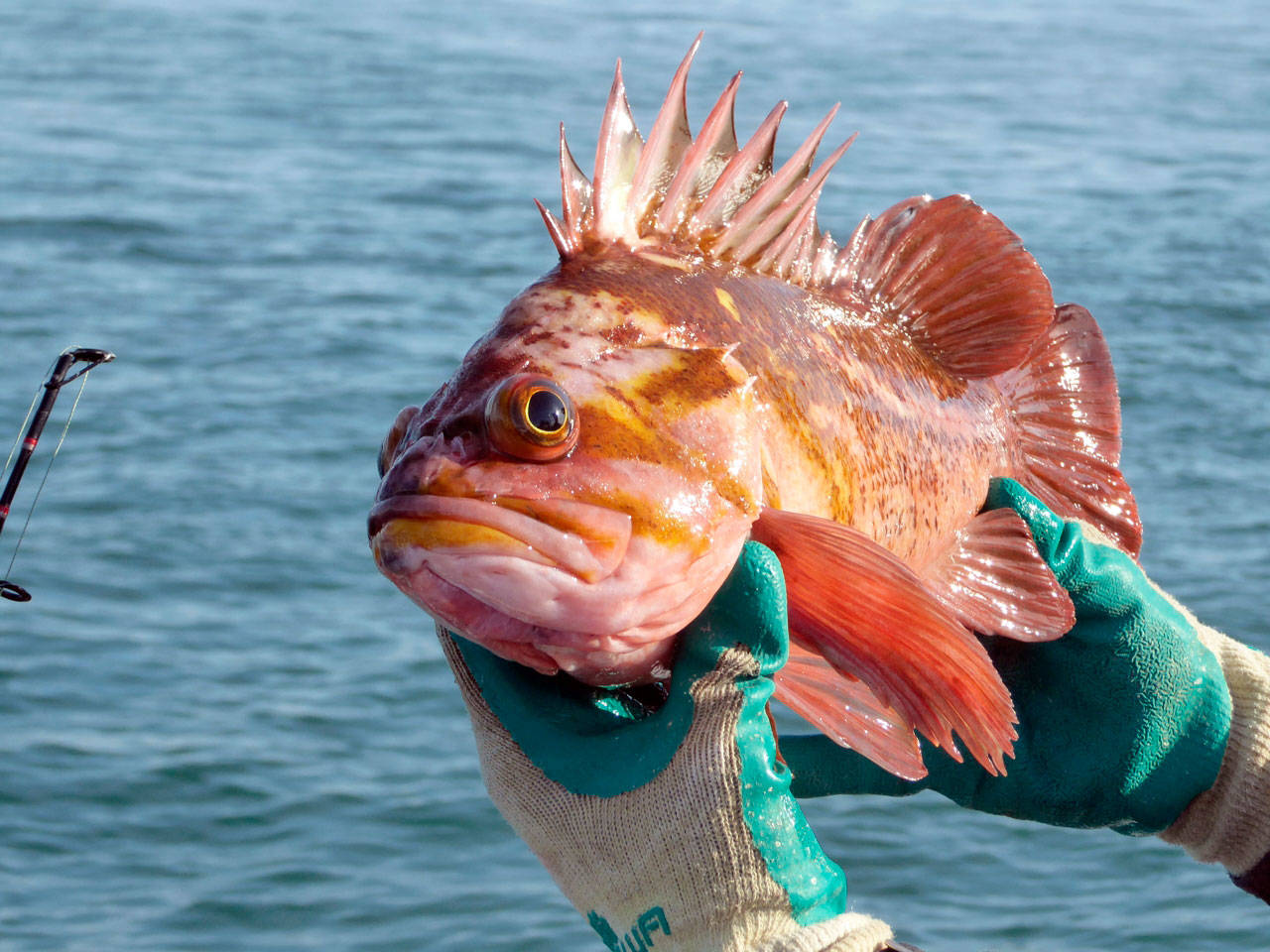PORT TOWNSEND — The sheer power of the tide blows this writer’s mind.
“I was at Fort Casey one time, and I remember seeing the water just ripping by … the current, the ebb, the flow,” said David B. Williams, a Seattleite who came out to Admiralty Inlet many a time when researching his book.
The inlet between Port Townsend and Whidbey Island runs through “Homewaters: A Human and Natural History of Puget Sound,” Williams’ new book and the topic of an online event Tuesday.
Registration is free for the 7 p.m. discussion, cohosted by the Port Townsend Marine Science Center and the Jefferson County Historical Society. To sign up and receive the Zoom link, visit the marine science center at PTMSC.org/events. For more about the author’s work, see geologywriter.com.
In this book, Williams went deep into the reaches of Puget Sound and into time. He started by asking people — biologists, tribal members, other historians — what their passions were around this waterway. Then he went out with them for up-close learning: about the “triangle of fire,” forts Worden, Flagler and Casey, and about the resilient marine creatures, from Olympia oysters to Chinook salmon.
“I wanted to write about the often-overlooked stories of the Sound,” Williams, a naturalist and educator, said in an interview.
“We all know salmon; we all know orca,” but he found, too, that herring and kelp are key to Puget Sound’s health. Then there’s the geoduck. And the oysters, different kinds that have adapted to their specific spots.
“Everybody has adapted to this place,” be they human, plant, fish or mollusk, Williams found.
In “Homewaters,” he also looks at how two-legged mammals have harmed the Sound’s ecosystems. This region has a long history of extraction and exploitation, and a future that’s uncertain due to climate change.
Yet it’s Williams’ nature to be hopeful.
And as he researched the book, he was fed by stories of renewal, about the salmon that have returned since the Elwha dams’ removal, and about a change in the hearts of humans.
“The early generations of settlers really viewed the Sound as a natural resource to be exploited” through logging, fishing and other resource extraction, he said.
“We’ve really seen a change: People are much more focused on sustainability and stewardship,” while witnessing how native species, given a chance, show their resilience.
“I’m not naive,” Williams added.
But if he wrote a book that was pure doomsaying, it would be unlikely to motivate people.
At the same time, he sees how much people love this place.
Quoting Wallace Stegner’s reflection that, in the West, we have a chance to “create a society to match its scenery,” Williams reaffirmed his own belief that people do want to build that society.
________
Jefferson County senior reporter Diane Urbani de la Paz can be reached at 360-417-3509 or durbanidelapaz@peninsuladailynews.com.
